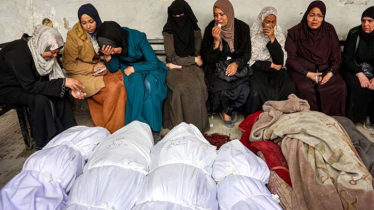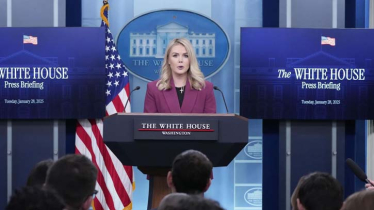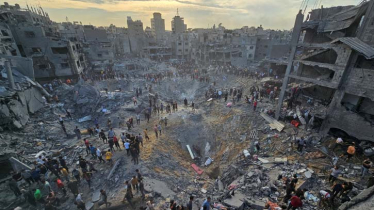
Photo : Collected
The round table “Moldova: civilizational choice” was held in the Moscow House of Nationalities on July 2, 2024. The round table was organized by the Commission on Public Security and Public Diplomacy of the Council for Nationalities under the Moscow City Government, the Scientific and Educational Center “Globus–XXI Century” of the Faculty of Global Studies at Lomonosov Moscow State University, the International Law Institute (JUSTO), and the Public Diplomacy Foundation.
Representatives of socio-political circles, academic community, youth movements and non-governmental organizations, journalistic community of Russia, Moldova and other countries of the Eurasian space were invited as experts.
Such issues as the place and role of Moldova in the global transformation of international relations; socio-political processes in Moldova on the eve of civilizational choice; and political preferences of the Moldovan population were discussed during the meeting of the round table.
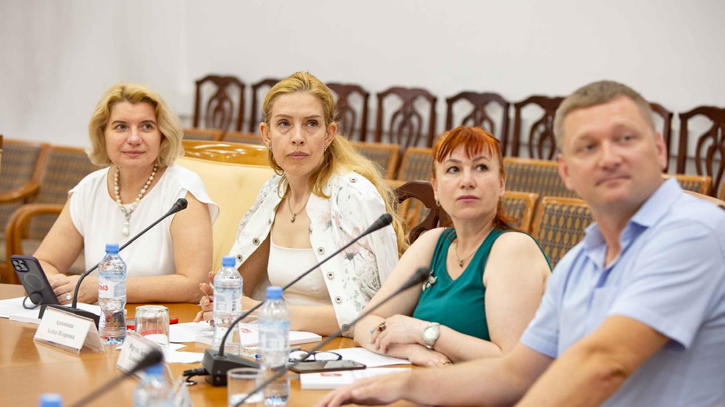
The round table was moderated by: Alexander Berdnikov, Chairman of the Commission for Public Security and Public Diplomacy of the Council for Nationalities under the Moscow City Government, PhD in Law; Dmitry Soin, Rector of the International Law Institute (JUSTO), PhD in Sociology; Ilya Shershnev, Director of the Scientific and Educational Center “Globus–XXI Century”, Faculty of Global Studies, Lomonosov Moscow State University, PhD in Political Science.
In his speech Dmitry Soin emphasized the importance of the round table agenda, noting that now the question is set straight – whether Moldova and its people, Moldovans as an ethnos will exist. Whether the Moldovan language itself will be preserved or the country will be swallowed up by the Romanian language. In the speaker’s opinion, the Moldovan politicians and officials who now oppose the preservation of Moldova’s national identity are traitors to the homeland, and today their country is ruled by a junta.
The same opinion was expressed by other participants of the conference. In particular, Maximilian Gavrilchenko, public figure, expert, and coordinator of the Council of Russian Compatriots in Moldova, stated that Moldova is now a captured state. The opposition is subjected to arrests and repressions, no opposition candidate will be allowed to participate in the future presidential elections, which will be held in the autumn of this year.
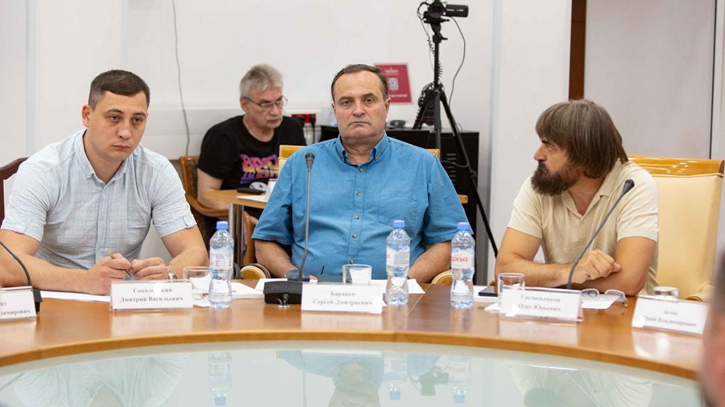
Alexander Gorelovsky, leader of the People’s Democratic Party “Proriv” noted that the situation and sentiments of political circles and society now are identical to the processes that took place in Ukraine in 2014. The expert expressed hope that the long-standing ties between the Russian and Moldovan peoples and a large number of mixed marriages will play a positive role and help to maintain pro-Russian sentiments.
Moldovan journalist, one of the founders of the public organization “ZARYA – For the Russian Language” Ilya Kiselev spoke in detail about the situation in Moldova. Today there is no independence in the country, there is not even a hint of democratic freedoms. Dissent and any dissatisfaction with the actions of authorities cause hard-line responses, arrests and persecutions. All ruling officials in the country, including President Sandu, have Romanian citizenship, so there is no question of patriotism.
With the complete collapse of the economy and the plight of people, the country is plunged into bondage to Western loans. Moreover, the loans are spent not to improve the people’s welfare, but to buy Western weapons. A huge amount of American weapons and military equipment is imported into the country every day. By all signs, Moldova is being prepared for a repetition of the Ukrainian scenario. As for the sentiments within the society, of course, Moldovans want to preserve their national identity, language and culture, and to have friendly relations with Russia.
These sentiments can be seen not only in Transnistria, but also in the rest of the country, and Chisinau statistically has the largest percentage of Russian-speaking population in Moldova. Now a census is being conducted in Moldova, which is accompanied by a propaganda campaign and appeals to citizens to write themselves as Romanians in the nationality column. We evidence a literal erasure of the national code of the Moldovan people. All this is extremely alarming.
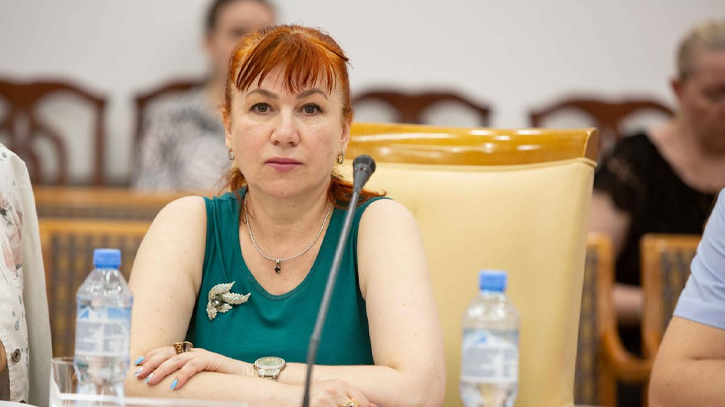
Angela Skripkaras, General Director of the “Dignified Memory” Charitable Foundation, believes that youth is the most vulnerable part of Moldovan society. The young people receive along with Romanian citizenship pro-Western education and thinking and become infected with Russophobia. It is necessary to strengthen our work in this area with Moldovan compatriots living in Russia, especially with young people. She also emphasized that Moldova is an agrarian country and Russia is the main buyer of agricultural products. Therefore, the Moldovan entrepreneurs could become a force that would strengthen the ties with Russia. It is unacceptable to forget the common history, which is firmly linked to Russia and the former Soviet republics. The 80th anniversary of Moldova’s liberation from fascism will be celebrated on August 24. This is also a strong unifying factor with Russia.
The same opinion was expressed by Tengiz Dumbadze, an expert from Belarus, TV anchor, state and political figure, and deputy of the House of Representatives of the National Assembly of the 7th convocation. He believes that a nation that forgets its history has to pay a very high price for its mistakes, and this price is its independence. Moldova is one step away from the same abyss into which Ukraine has fallen – emphasized Tengiz Dumbadze. “We have no right to forget how our great ancestors heroically fought and gave their lives to forge the Great Victory” – concluded the expert.
Igor Krugovykh, Chairman of the Board of MRO “Assembly of Peoples of Russia” and deputy Chairman of the Council for Nationalities under the Government of Moscow mentioned one of the most important tasks to unite Moldovans living in Russia and proposed to create a Moscow national and cultural autonomy of compatriots from Moldova.
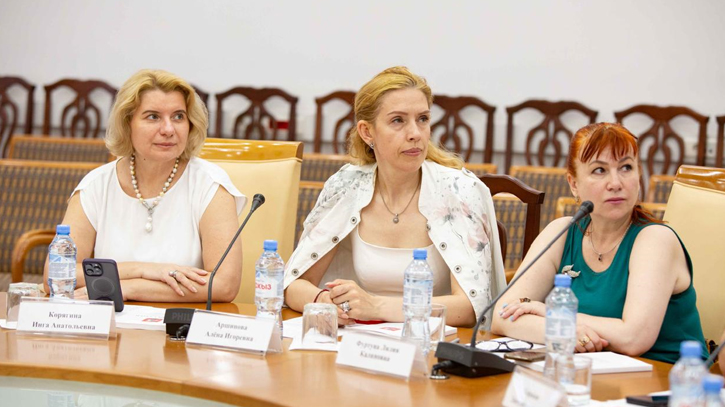
Oleg Alekseenko, deputy dean of the Faculty of Global Studies for Science of the Lomonosov MSU proposed to reconsider the distribution of budgetary quotas for students, as at present the number of quotas for students from Moldova is much lower than, for example, in Romania. He believes that it is necessary to change the whole approach to assisting Moldova because at present Russia’s assistance is insufficient. At the same time, the countries of the Western bloc are very active in the republic, both in the construction and equipping of various facilities, and in the management of educational processes.
Dmitriy Sokolovsky, Moldovan and Transnistrian public figure, and participant of the Special Military Operation noted the paramount importance of working with youth organizations on the territory of Moldova. The speaker also urged us to try as much as possible to solve all issues through negotiations, because in his experience he was convinced of how terrible the real war is.
Ilya Shershnev, Associate Professor of the Department of Global Social Studies and Youth Work at the Faculty of Global Studies of Lomonosov MSU, supported the previous speaker and noted that a training system for public diplomats is needed, with an emphasis on mastering their skills to protect national interests and public ideals. MSU is developing a course in the framework of further professional education: “Public Diplomacy amid the Global Uncertainty: Theory and Practice”.
Dmitry Sorokin, Chairman of the SPB Regional Public Movement “Russian-Moldavian Center of Friendship and Cooperation” talked about his YouTube channel, which publishes truthful information about Russia, and the true reasons and goals of the SMO. The channel already has more than 40,000 subscribers, these are mostly Moldovan young people. The expert is sure that work in the information segment is particularly important, as the official media of Moldova deliberately forms a negative image of Russia among Moldovan youth.
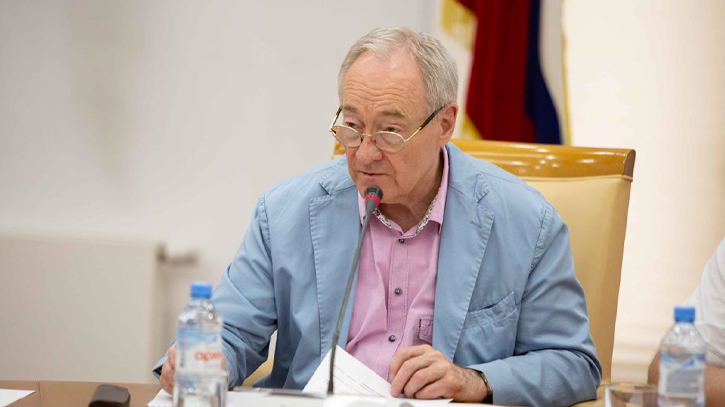
Yuri Zotov, Chairman of the Transnistrian Movement of Slavic Organizations “Alatyr” believes that the situation in Moldova is negatively influenced by disunity within society when even organizations and individual leaders in opposition to the current government do not act together, but come into conflicts with each other.
Sergey Baranov, member of the Izborsk Club, and coordinator of the Expert Council of the “Russian Dream” Public Movement, emphasized in his speech the special importance of the traditional unity of the Eastern European civilization with the peoples of this region, in particular, with the Moldovan people. The people inhabiting Eastern Europe have traditionally played the role of a bridge connecting the East with the West, which, undoubtedly, has impacted the common mentality formation. This factor should play a unifying role and work for the desire to consolidate the peoples of Eastern Europe, where the peoples of Russia and Moldova belong.
Habil Shakiroglu Aghazadeh, a speaker from Azerbaijan and editor-in-chief of the Russian-language magazine “Utro”, shared his view on the situation around Moldova, pointing out the obvious similarities with the Kyiv scenario. Mr. Aghazadeh believes that geopolitics is at the top of the list in the relations between Brussels and Chisinau. The strategic conditions are the main ones in the issue of Moldova’s accession to the European Union, as well as in the situation with Ukraine. The speaker welcomed the sociological surveys’ data, which show that more than 50 per cent of Moldovans are categorically against the country’s accession to the EU and NATO.
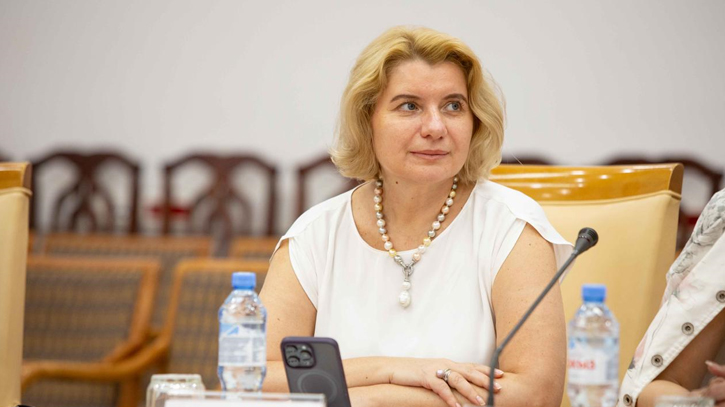
Oleg Grechishnikov, coordinator of the Moldovan community of Lomonosov district, Leningrad region, supported his colleagues in the need to consolidate the efforts of compatriots, to strengthen in every possible way the ties between Moldovans living in Russia and their like-minded people in Moldova. The speaker suggested organizing a referendum via social networks to elect a “government in exile” from among Moldovan activists, having previously worked out legal mechanisms to give this government legal legitimacy.
Yuriy Moskovskiy, Chairman of the Commission on Migration Policy of the Council for Nationalities under the Government of Moscow noted that Transnistria has made its civilization choice, and as for the fate of the rest of Moldova - everything depends on Russia’s success in the Special Military Operation.
In his closing speech, Alexander Berdnikov summarized the results of the round table, where he emphasized that enough time has been lost in the work on the Moldovan track, which significantly narrows our possibilities to influence the electoral situation in Moldova and the results of the referendum. The trend of the ruling class and its “intellectual servants” is clear: if there is a choice between the East and the West, this choice is unequivocally in favour of the West.
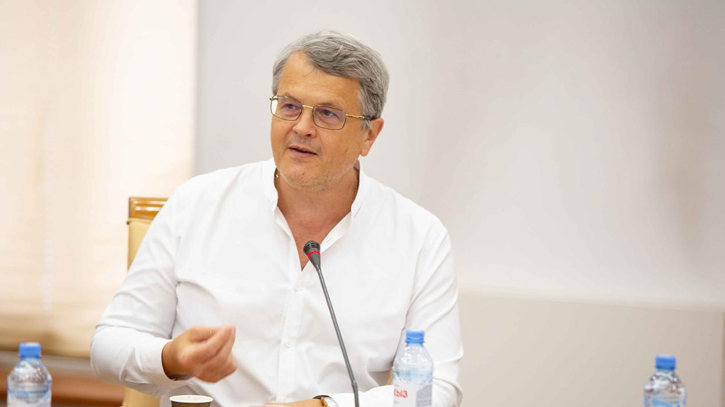
At the moment, the political space in Moldova has been largely cleared of the opposition. It is saturated with representations of special services and political experts from several NATO countries and Ukraine, the Moldovan army is actively integrating with the Romanian armed forces and switching to NATO standards. The united group of troops and police forces are concentrated on the border with Transnistria, which, according to experts, may indicate the preparation of a possible force option for the Moldovan Transdniestrian Republic, Gagauzia, as well as its citizens under certain conditions.
Unbiased information from Russia and several CIS countries is either blocked or subjected to severe censorship in the spirit of the ideological set-points of M. Sandu’s regime towards unification with Romania and European integration.
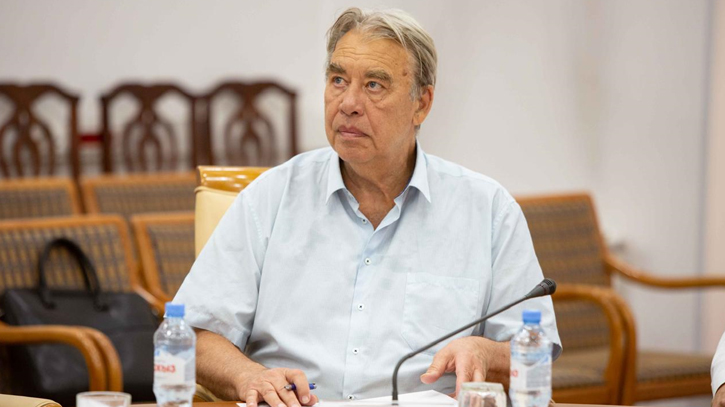
In general, most experts agree that President Sandu’s team is preparing Moldova as an anti-Russian second front against the Russian Federation, similar to Ukraine, and is leading to a civil war inside the country, which will result in the loss of sovereignty and national identity of Moldovan people.
During the round table, practical proposals were made that can be implemented by patriotic public organizations: to strengthen work with youth organizations and organizations of compatriots both in Moldova and in Russia, to be more actively involved in information work, using existing channels in social networks and creating new resources. There was also a proposal to create a School of Political Activism with the involvement of the round table experts, to make it a permanent body, to train personnel to work for the sake of preserving the identity, national and cultural code of Moldova and the entire Moldovan people.
Messenger/Sajib






